What It's Like to Write Romance With Your Husband
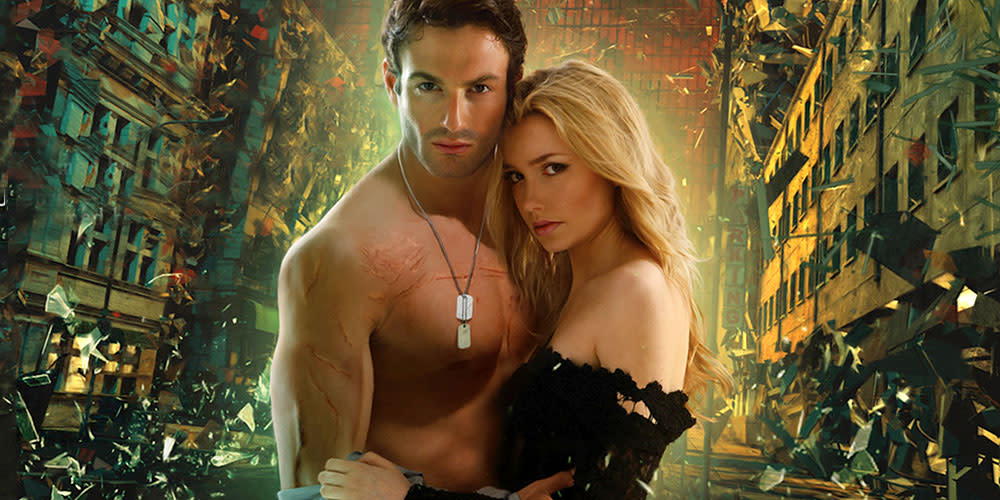
Writing under the pen name Ilona Andrews, husband and wife team Ilona and Gordon Andrews have published more than a dozen books together since meeting in their college English class back in 1994. If writing a book - let alone multiple books - with your significant other sounds torturous, add phrases like "urban fantasy" and "paranormal romance" to the mix, then imagine trying to maintain your relationship while also juggling complex fantasy mythologies that also include super-hot sex scenes.
Ilona and Gordon's first book, Magic Bites, came out in 2009, and launched the now nine-book Kate Daniels series, which involves vampires, mercenaries, necromancers, shapeshifters, and everything in between. Next month will see the debut of Wildfire, the third book in their Hidden Legacy series following Burn for Me and White Hot. Here, Ilona and Gordon explain how they've managed to so successfully combine their personal and professional lives and share some of the lessons they've learned along the way.
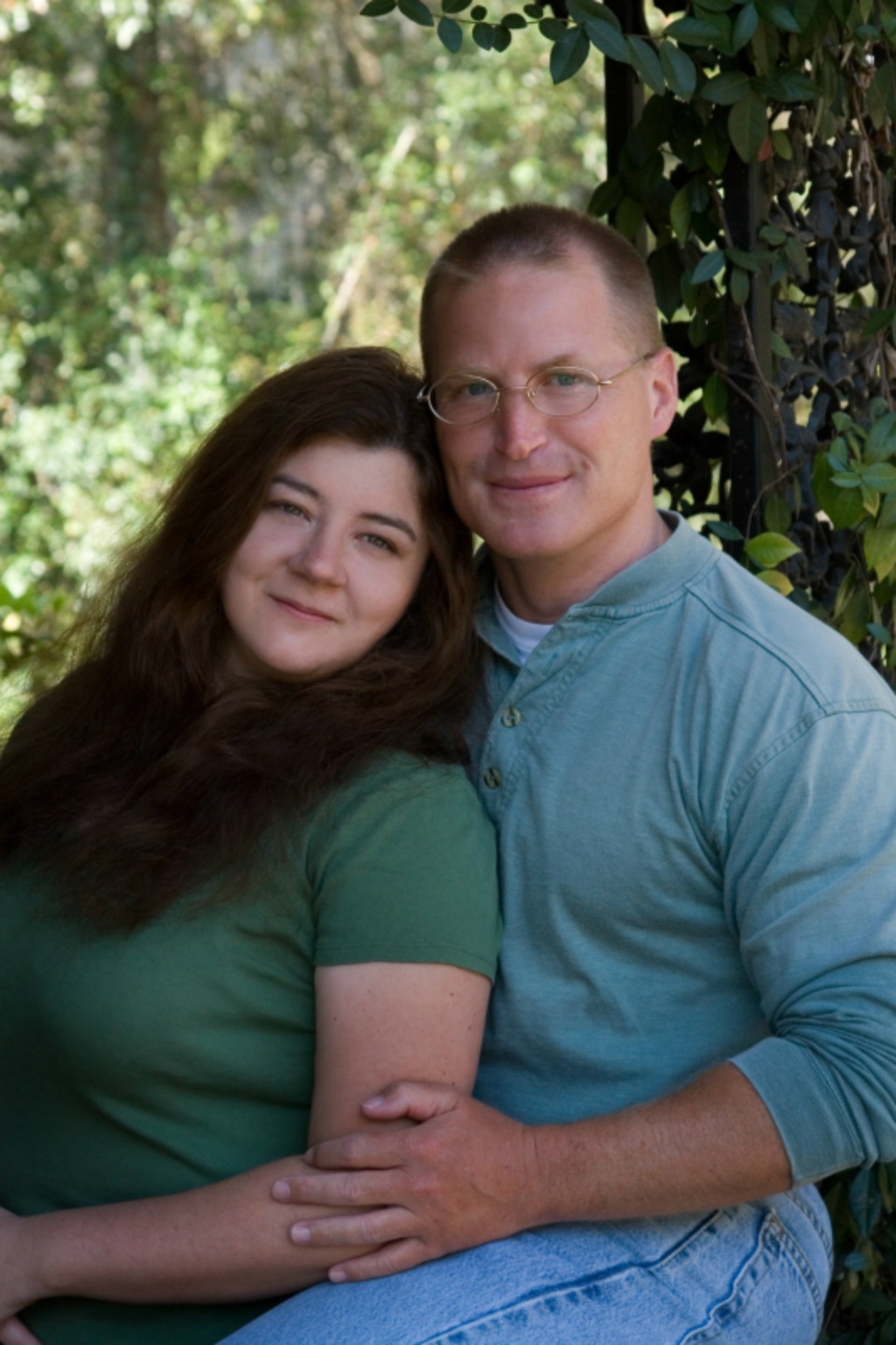
Compromise is key.
Ilona: We don’t really veto each other - we discuss. For example, today we were discussing names for a baby [in one of our series] and Gordon picked one that was really nice but was very close to [another character’s name]. We talked about it and I was like, “Well, I like the name, but it’s too close.” The only time I remember being aggravated was when we had to kill my favorite character. We’re emotional junkies by nature, so to be able to really create the kind of mood that we needed to, we had to sacrifice a character, and a character that meant a lot. That was I think the worst probably disagreement we’ve had. I don’t know that we veto each other. I remember being very upset.
Gordon: We’re usually able to convince the other person that this would be best for the book. For instance, in a later book I was going to kill a character and she convinced me not to.
Ilona: We converted what used to be a formal dining room in our house into our office, so we sit together about six feet apart, and we talk through the dialogue as it’s being written. Usually if it’s a female point of view I write the first draft; if it’s a male point of view he writes the first draft. We basically don’t have an ego attached to it. It’s not whether one of us is better than the other, it’s that we win together as a team. It sounds a little bit cheesy, but that’s the way we approach life.
Especially with sex scenes.
Gordon: You want to know what the character is thinking, what’s their feeling, what’s their reaction, so it helps for us to have both points of view to know what the female character would be feeling or experiencing, and what the male character would be feeling.
Ilona: We treat sex scenes kind of the way that we treat fight scenes. Fight scenes work best when they make sense and when they’re emotional - there has to be an emotional current in the scene. Something has to change. Just putting sex scenes in there for the sake of just sex scenes would make them rather boring. So when we’re writing sex scenes we’re not only concentrating on whose hands are where and what is going on, but a lot of it on the emotion. What are they feeling? How are they feeling in the beginning? How are they feeling at the end? Does it push them apart or does it bring them closer? For us that requires two people [to write], because there are usually two people involved.
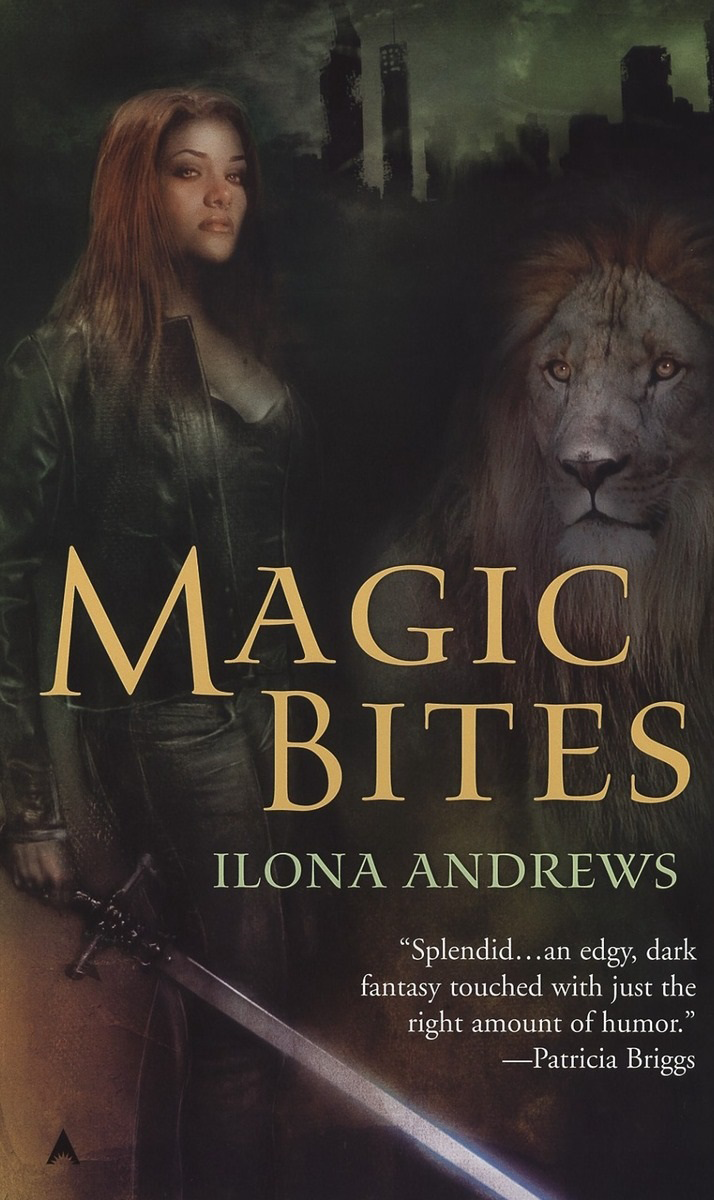
You have to know when to let things go.
Ilona: If you let me have free reign, when we come up against a plot problem, I will sit there and I’ll think it over and over and over and try to talk through it several times. At some point he’s like, “Honey, it’s 7 o’clock at night, we are going to go and do something else. Let’s go have dinner because at this point it’s diminishing returns.”
The personal relationship has to come before the professional one.
Gordon: We were together before we were writers and now that’s just what we do - I don’t think that our life is defined by being writers. It’s how we feed the children and the animals. We try to take the ego out of it so that we don’t have fights like “I wanted this” or “you wanted that.” We don’t have actual big fights about book stuff.
Ilona: Readers sometimes have a little bit of an unrealistic idea, like that we’re in the kitchen throwing dishes at each other over a plot twist disagreement or something like that. That basically never happens. We view writing as a team effort. If we fight, it’s because we want to make the writing better. There’s no competition. We usually don’t fight about the writing itself, although occasionally we do vigorously load the dishwasher because we’re irritated.
Gordon: It’s always a collaboration. It’s like being married - you have to realize the other person has strengths that compensate for your weaknesses.
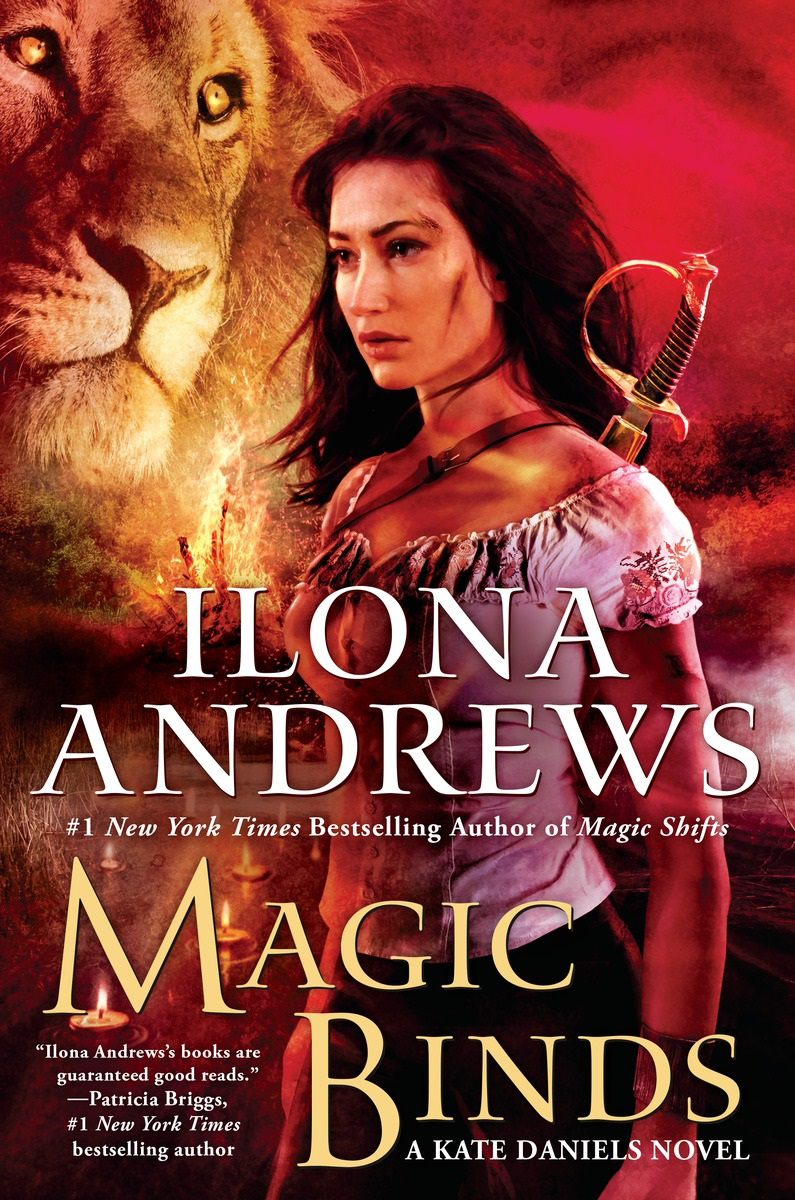
You can’t be afraid to fail.
Ilona: We wrote this horrible ninja hobbit novel in college that was kind of like this terrible Dungeons & Dragons knockoff. It was just absolutely abominable, and we hid it. Then we wrote the first draft of [the first Kate Daniels book] and sent it to a publisher, and they said, “This is just like Anita Blake and we don’t need to have another Anita Blake.” So we went and got a bunch of [Laurell K. Hamilton’s] Anita Blake books, and we were like, “Oh my god, this is the greatest thing ever, our thing sucks and we’ll never be as good.” So we actually set it aside and wrote another traditional fantasy.
Gordon: We ended up writing a sort of James Bond-y fantasy thing which, again, will never see the light of day, except that I kind of got to rework it into Bayou Moon.
Or to recognize your own weaknesses.
Gordon: I’m a better plotter, and I’m funnier than she is.
Ilona: He is funnier than I am. World-building is probably my strongest suit. I do a lot of the emotional work, like when it comes to romantic moments and things like that. My husband is a very manly husband, so a lot of times when I write something he will rework it so it sounds more like a guy would say it. For example, I recently wrote this long, two-paragraph thing where a male character was thinking about his past and was tormented by it, and Gordon was like, “No, no, we gotta scrap all of that.” Basically he calls the shots on the male characters and I call the shots on female characters.
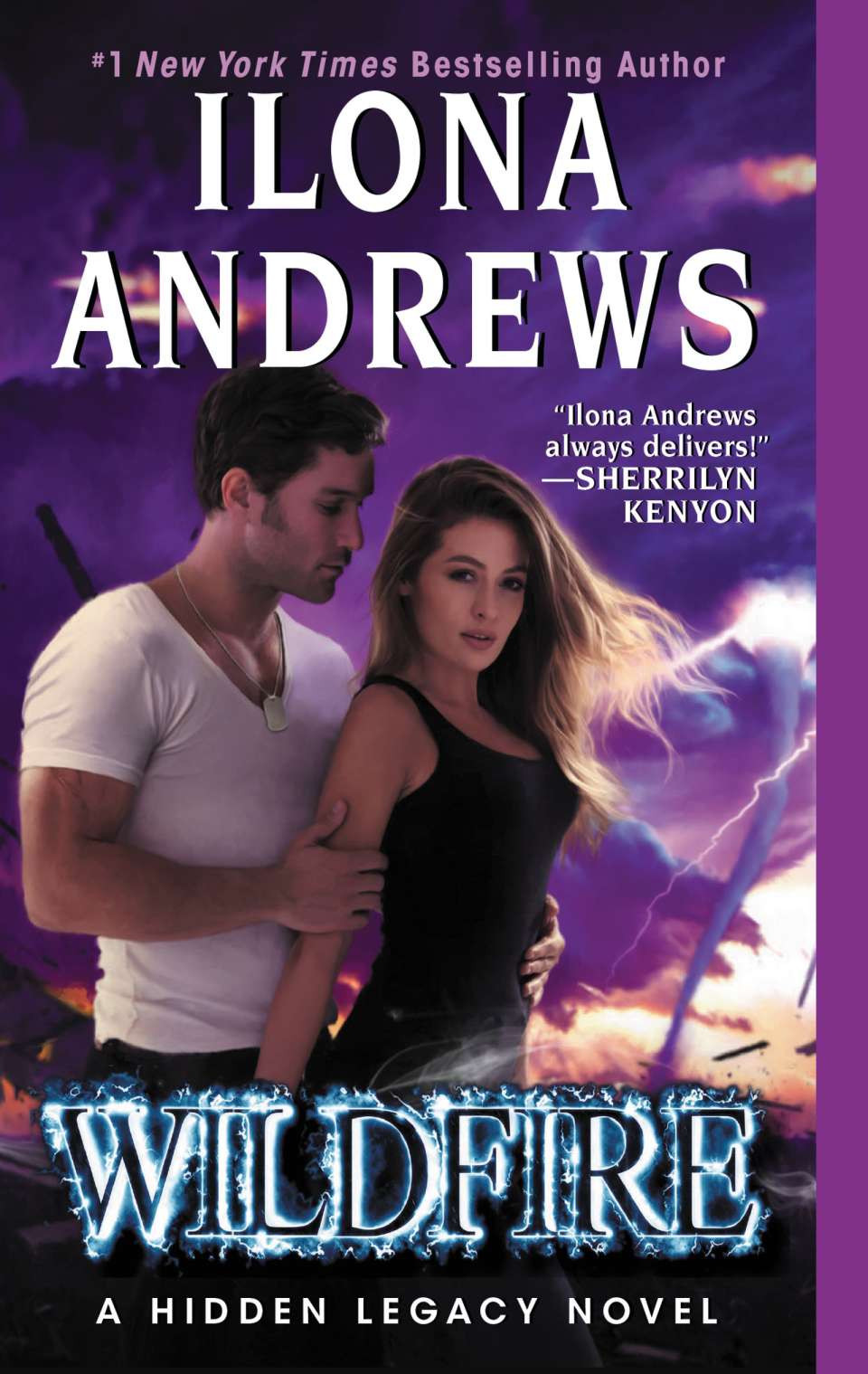
Don’t be offended if your kids aren’t fans.
Ilona: Our youngest, who’s 19, read a couple of the books. She gave this wonderful review: “I read this book, it wasn’t awful, I was in the bathroom and there wasn’t anything else to read.” We’re not cool. We were cool for about five minutes because one time we were at a convention together and we introduced them to Charlaine Harris. Sometimes stuff is based on them a little bit and they have an odd reaction to it occasionally. We have a pair of boys in the Edge series, and when the youngest read it, she said, “I am Jack.” I said, “Well, maybe a little,” and she’s like, “You made me into a boy! Really, Mom? Really?!” Because there aren’t enough girl characters, right! So they’re not fans.
This interview has been edited and condensed.
Follow Eliza on Twitter.
You Might Also Like

